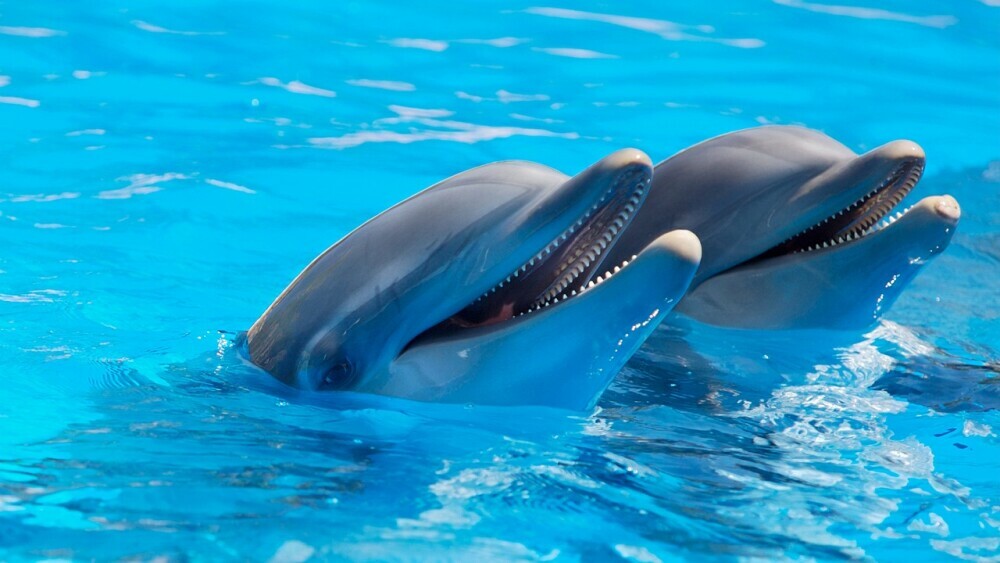
Close Encounters: Interacting With Dolphins – A Journey of Wonder and Responsibility
Dolphins have captivated humans for centuries. Their intelligence, playful nature, and sleek beauty have woven their way into myths, stories, and our collective imagination. The opportunity to interact with these remarkable creatures is a dream for many, offering a glimpse into a world beyond our own.
The Allure of Dolphins: Understanding Human Fascination:
Several factors contribute to our fascination with dolphins:
- Unique Traits: Their high intelligence, complex social structures, and playful interactions with humans set them apart from other animals.
- Historical Context: Dolphins have long been featured in mythology and folklore, often symbolizing wisdom, communication, and even magic.
- Psychological Impact: Interacting with dolphins can evoke feelings of joy, wonder, and a deeper connection with nature.
Essentials of Dolphin Encounters: Safety and Respect:
While the desire for a close encounter is understandable, ethical considerations are paramount:
- Safety First: Always prioritize the safety of both humans and dolphins. Choose reputable operators who prioritize responsible interaction practices.
- Respecting Natural Behavior: Dolphins are wild animals with their own needs and preferences. Avoid any actions that might disrupt their natural behavior or cause them stress.
- Ethical Programs: Seek out dolphin encounter programs that prioritize the animals’ well-being. Look for certifications from organizations like the Alliance of Marine Mammal Parks and Aquariums (AMMPA).
The Ripple Effect: Conservation Implications of Dolphin Tourism:
Dolphin tourism can have both positive and negative consequences:
- Ecological Impact: Uncontrolled interactions can disrupt dolphin populations, damage their habitat, and introduce pollutants into their environment.
- Ethical Tourism: Responsible dolphin encounters can raise awareness about conservation efforts and generate funds for research and protection programs.
- Contribution to Conservation: Choose dolphin encounters that actively contribute to conservation efforts, such as supporting research or habitat restoration projects.
Personal Accounts and Scientific Insights: Learning from Experiences:
Sharing stories of positive dolphin encounters can inspire others to appreciate and protect these amazing creatures.
Marine biologists studying human-dolphin interactions highlight the importance of:
- Minimizing Disturbance: Respecting the dolphins’ space and avoiding aggressive or intrusive behavior.
- Long-Term Impact: Recognizing that even seemingly harmless interactions can have long-term consequences on dolphin populations.
- Future Outlook: Striving for a future where humans and dolphins can coexist harmoniously, with responsible interactions contributing to conservation efforts.
Dolphins offer a unique window into the wonders of the natural world. By prioritizing ethical interactions, respecting their habitat, and supporting conservation efforts, we can ensure that future generations can continue to experience the magic of close encounters with these magnificent creatures.

